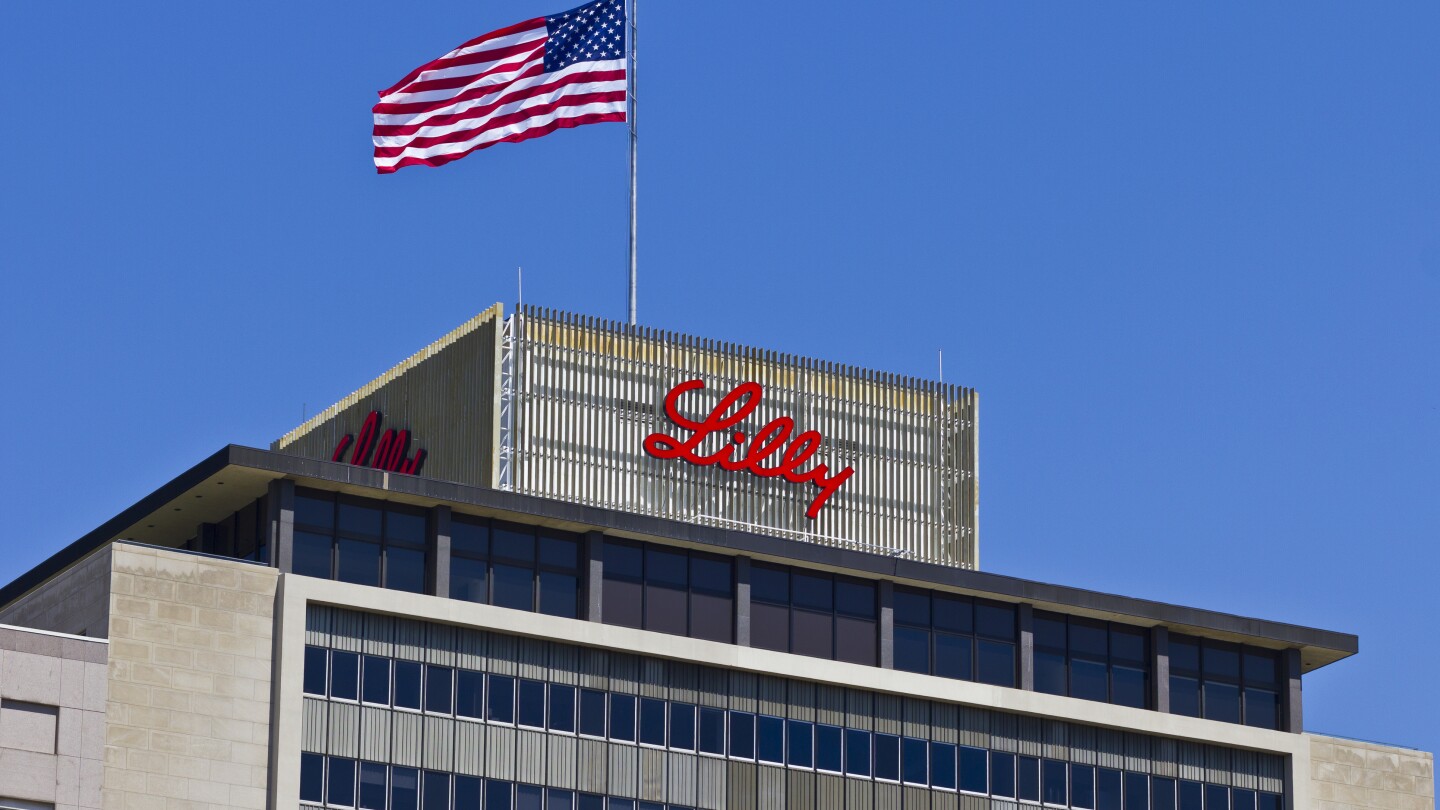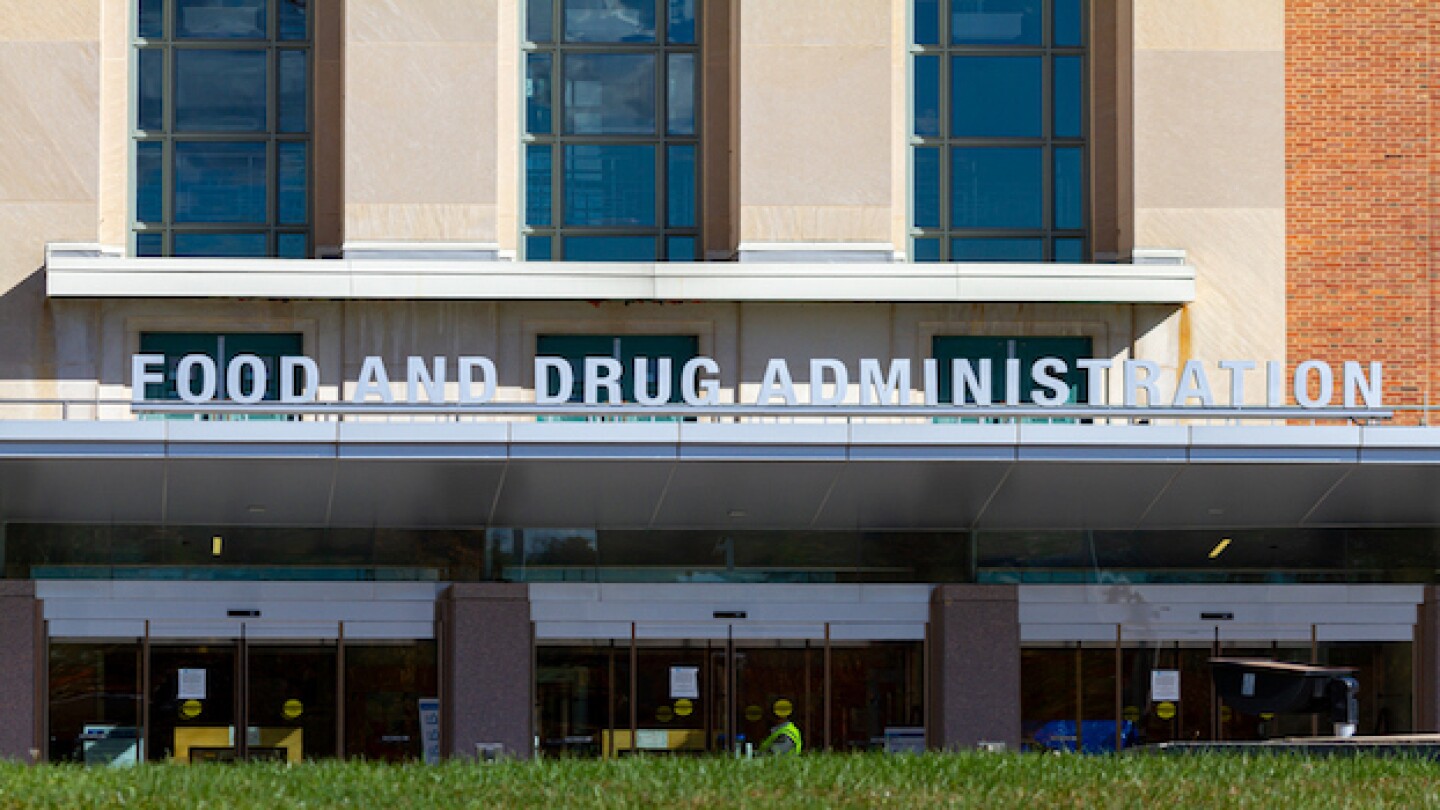News
In letters to Eli Lilly and Novo Nordisk, the FDA accused the companies of downplaying the risks of their GLP-1 weight loss drugs during a prime time special with Oprah Winfrey.
FEATURED STORIES
Out-licensing drugs to multinational corporations is a natural step for Chinese biotechs, but the recent rise in deals is only scratching at the surface of partnership-ready biotechs in the region.
While a substantial portion of pipeline assets are externally sourced, many Big Pharmas are tapping into incubators and venture funds to uncover cutting-edge scientific trends, determine their future focus points and even carve out a niche in an emerging geographical hotspot.
From innovation in manufacturing to more-flexible regulation and better communication with payers, much needs to happen to make CGTs commercially viable. But it is possible, experts agreed at a recent panel.
Job Trends
Pfizer Inc. (NYSE: PFE) invites investors and the general public to listen to a webcast of a discussion with Albert Bourla, Chairman and Chief Executive Officer, at the Goldman Sachs 45th Annual Global Healthcare Conference on Monday, June 10, 2024 at 11:20 a.m. Eastern Daylight Time.
FROM OUR EDITORS
Read our takes on the biggest stories happening in the industry.
After Emma Walmsley steps down as GSK CEO in January, Vertex Pharma’s Reshma Kewalramani will be the sole female CEO at a top-20 pharma company. Still, there are many prominent women in pharma that could someday break through again.
THE LATEST
While Eli Lilly’s orforglipron is full speed ahead for a regulatory filing this year, the pharma is also pushing forward with one more Phase II study of naperiglipron, which uses the same scaffold as Pfizer’s failed obesity drugs danuglipron and lotiglipron.
Aside from the rare disease market, Novo Nordisk also scored a key regulatory win last month for its blockbuster GLP-1 drug Wegovy, which can now be used to treat patients with metabolic dysfunction-associated steatohepatitis.
After a demoralizing period punctuated by the withdrawal of one of the few marketed therapies for ALS, investment in new biotechs, state-backed collaborative initiatives and buzz at BIO2025 suggest a new day in drug development for one of medicine’s most intractable diseases.
With a flurry of recent Big Pharma investment in radiopharmaceutical therapeutics, the FDA issued draft guidance last month in a move former FDA Commissioner Stephen Hahn sees as the regulator “trying to get ahead on a new set of therapy that they see becoming very important for cancer.”
While trade groups hail the executive order as a national health security opportunity, analysts warn that production costs could go up in the near term.
During the COVID-19 pandemic, Health Secretary Robert F. Kennedy Jr.—along with FDA Commissioner Marty Makary and CBER Director Vinay Prasad—argued against vaccine mandates, partly because they limited medical choice. This week, the FDA under their leadership approved updated COVID-19 vaccines with restrictions that do the same.
In December 2024, Teva also secured FDA approval for the other liraglutide brand Victoza, indicated for type 2 diabetes.
Health Secretary Robert F. Kennedy Jr. will testify before the Senate Finance Committee on Sept. 4, following the ouster of CDC Director Susan Monarez and tapping of HHS Deputy Secretary Jim O’Neill as her interim replacement.
Nipocalimab, approved as Imaavy for generalized myasthenia gravis earlier this year, failed to show significantly added benefit when used with an anti-TNFα therapy in patients with rheumatoid arthritis.
In another blow to Prothena’s neurodegenerative disease portfolio, anti-amyloid candidate PRX012 has run into the same problem that larger peers Biogen and Eli Lilly have battled: high rates of swelling in the brain.

















